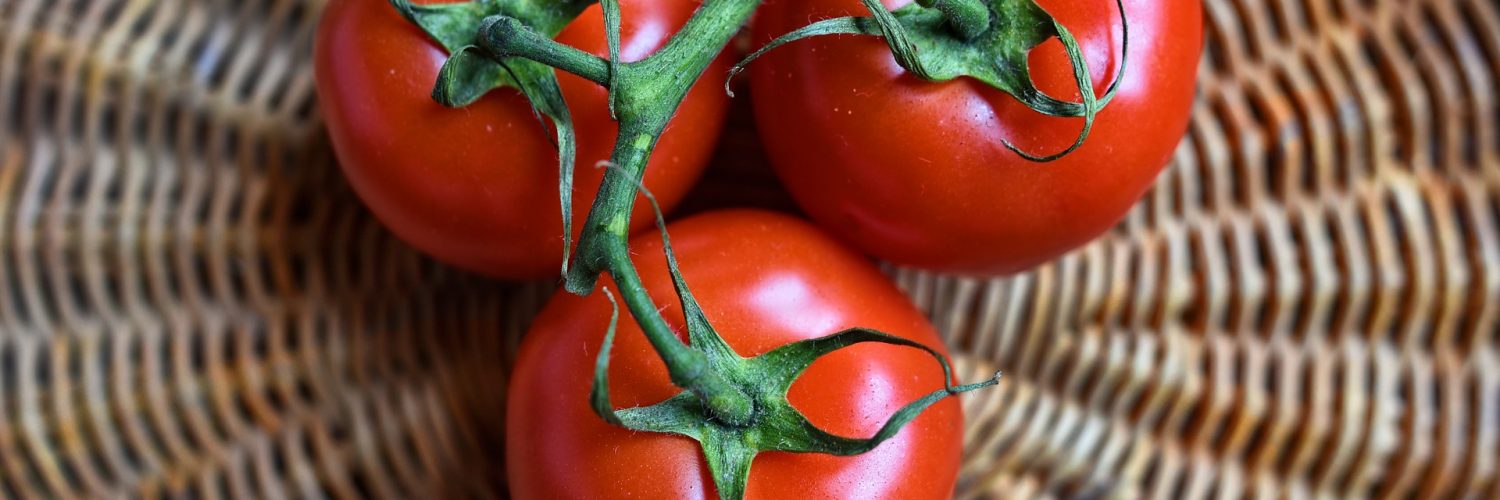Anyone who has their finger on the pulse of Arizona’s produce sector knows that tomatoes are the lifeblood of trade with Mexico. There are enough tomatoes that come through the multiple ports of entry in the state to bring in nearly $5 billion-worth of positive economic impact. So, anything that could throw that trade and those numbers off would have serious consequences here in the state. That may actually be the case if the United States moves ahead with plans to pull out of the Tomato Suspension Agreement in 90 days.
In 1996, the U.S. Department of Commerce initiated an anti-dumping investigation to determine whether imports of fresh tomatoes were sold at less than their value in the U.S. The Tomato Suspension Agreement was created to set different floor prices for Mexican fresh tomatoes during the summer and winter months and specific prices for open field/adapted-environment and controlled environment production.
Now, lawmakers led by Florida senator Marco Rubio have convinced the commerce department to pull out of the agreement, which has states that are dependent upon a high level of tomato trade nervous about the possible fallout.
“If the suspension agreement is taken away completely, it will drastically change the landscape of the importation of fruits and vegetables in Nogales,” Jaime Chamberlain of Chamberlain Distributing, Inc., said. “If you’re a tomato grower and you have all this infrastructure, that’s a lot of investment,”
According to the group of lawmakers who urged pulling out of the agreement, Mexico’s share of the tomato market in the United States has risen from 32 percent to 54 percent, while local producers’ has dropped from 65 percent to 40 percent. It so happens that Florida’s biggest competitor of hauling in tomatoes is Mexico, whereas Mexico stands as Arizona’s biggest partner in tomato trade.
The U.S. Department of Commerce has 90 days to make the withdrawal official unless all parties come to a new agreement.
“The Tomato Suspension Agreement has brought stability to the U.S. tomato market for over two decades, and it has been updated as the market has evolved,” Lance Jungmeyer, president of the Fresh Produce Association of Americas (FPAA), said in a news release. “These updates have resulted in a wide selection of fresh tomatoes for U.S. consumers, while complying with U.S. trade laws, and adding enforcement mechanisms as the agreement itself has evolved. Despite Florida’s rhetoric, the record has shown that both Mexican growers and U.S. distributors have complied with the rules of the agreement.”
Jungmeyer argues that the Florida tomato industry is looking to control more than import prices of tomatoes from Mexico sold in the United States.
The United States is the main export market for Mexican tomatoes, contributing $4.8 billion in sales to the U.S. economy in 2016. U.S. and Canadian imports of fresh tomatoes from Mexico supported nearly 33,000 U.S. jobs.
“Let’s be clear,” Ms. Britton Clarke, president of the Border Trade Alliance, said in a statement. “This is not about unfair trade practices; it’s about certain interests seeking new rules tilted in their favor. We hope that negotiations over a new Tomato Suspension agreement are centered on tearing down barriers to trade, promoting a strengthened trading relationship with our neighbor Mexico, and that the conversation considers the interests of American consumers, who deserve the ability to shop for quality, affordable produce throughout the year.”
If the agreement goes through, it would completely change the landscape in all ports of entry, according to Chamberlain. If you’re a tomato grower, you might just end up changing your product instead of sticking with tomatoes. This could alter the level of imports coming into Arizona, upping the price of tomatoes, limiting supply, and increasing supply of other produce items that the growers may focus on instead.
“There will be a good portion of signatories who do not want to run the risk and not grow tomatoes anymore. There’s a possibility that you may see little if any Mexican tomatoes in the marketplace,” Chamberlain said.
















Add comment